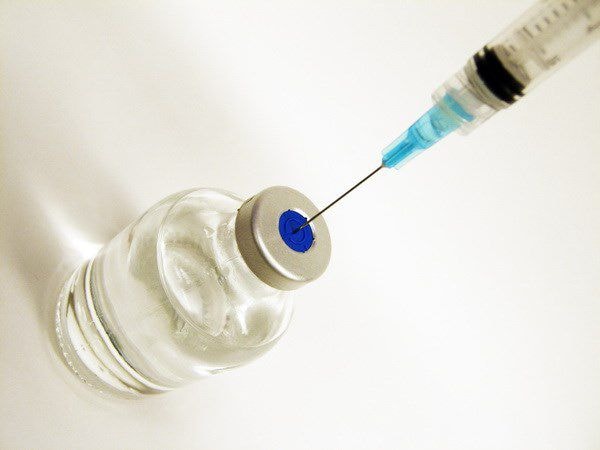New hope in preventing HIV attacks
US scientists claim to have developed an experimental vaccine that can boost the immune system, thereby preventing attacks by the HIV virus.
 |
| US scientists claim to have developed an experimental vaccine that can boost the immune system, thereby preventing attacks by the HIV virus. |
In new research published in the June 18 issue of the journal Cell and Science, scientists said that most vaccines used today contain dead or inactivated disease-causing bacteria to stimulate the body to produce antibodies.
However, vaccination with "natural" HIV proteins cannot create immunity because HIV has the ability to "evade" detection by the immune system and rapidly mutate in new directions.
Faced with this challenge, researchers believe that to create a successful HIV/AIDS vaccine, it will be necessary to create an antigen that combines a series of proteins that are related to and not very different from HIV proteins.
Introducing this antigen into the body will help produce neutralizing antibodies, a special type of immune system molecule that can inactivate a wide range of HIV variants.
In these latest studies, scientists tested an antigen called eOD-GT8 60mer, a protein that can bind to and activate B cells needed to fight HIV.
Using B cell sorting, the researchers showed that vaccination with eOD-GT8 60mer caused two mice to produce "pre-antibodies" capable of detecting and blocking HIV infection.
This suggests that eOD-GT8 60mer could be a "good candidate" for HIV vaccination.
According to United Nations figures, since the human immunodeficiency virus (HIV) began its global pandemic, about 78 million people have been infected and about 39 million of them have died.
Apart from using drugs to limit the transmission of HIV, there is currently no radical measure to completely cure and prevent this deadly virus.
Therefore, the above findings are considered a big step forward, opening up hope for the development of the first HIV vaccines capable of stimulating the body to produce antibodies./.
According to Vietnam+
